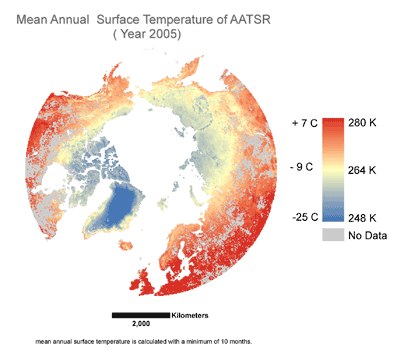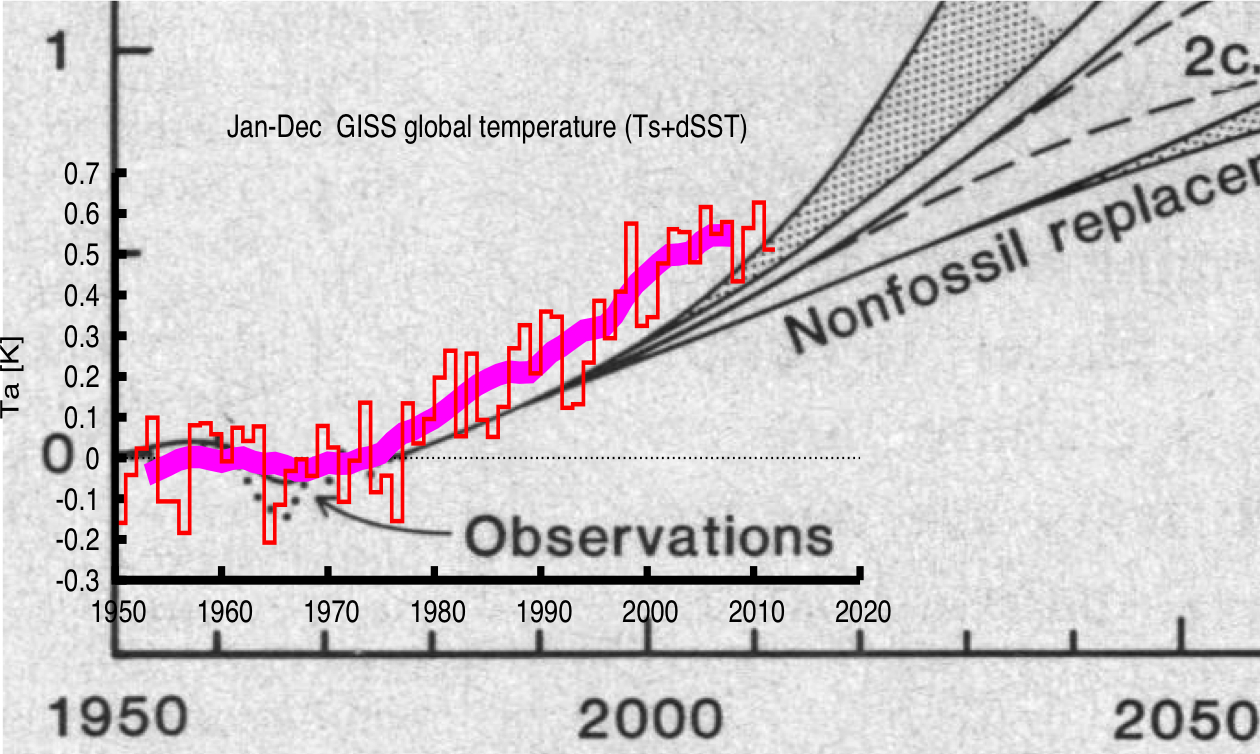Opaque Projections
Last night (April 10, 2012), I spoke at the San Francisco Swissnex office on a panel entitled "Data is* the New Oil." When I was told the title of the panel, it struck me as an odd metaphor. Oh, I understand the intent: oil was the fuel for the 20th century industrial economy, and information is the fuel for the 21st. But oil has a key characteristic that simply isn't true for data.
Oil is limited -- we have a declining stock. Whether you think peak oil happened a few years ago, will happen soon, or is still a ways off, the truth is the same: there is a finite supply of oil, and unless we stop using it there will at some point be no more to extract. Nearly all of the other social, economic, and political aspects of oil derive from this fact. Its importance is inextricably linked to its scarcity.
Data (or information), conversely, is growing in availability. One study claims that we'll go from a global digital data footprint of 800 billion gigabytes (0.8 zettabytes) in 2009 to 35 trillion gigabytes (35 zettabytes) in 2020. If you need an energy metaphor, you could say that information works more like a "breeder reactor" -- processing the information we create allows us to create even more information. A service called "Dataminr" uses the 340 million-odd daily public Twitter posts to algorithmically monitor the world, and claims that it was able to tell its subscribers of Osama bin Laden's death 20 minutes before big media because of its ongoing analysis. It's not the first example of that kind of processing, by the way; Canadian epidemiologists at the Global Public Health Information Network scan newspaper articles around the world, spotting early indicators of emerging disease outbreaks.
In other words, information and data aren't scarce, they're increasing rapidly and dramatically.
But a related phenomenon is scarce, is declining in availability and increasing in value: opacity. Being hidden. Privacy.
Information isn't the new oil; opacity is the new oil. The ability to be opaque -- the opposite of transparent -- is increasingly rare, valuable, and in many cases worth fighting for. It's also potentially quite dangerous, often dirty, and can be a catalyst for trouble. In short, it's just like oil. (Which makes me wonder when we'll have a new OPEC -- Organization of Privacy Enabling Companies.)
Opacity isn't inherently good or bad -- it's both. To people who need privacy and secrecy to survive, opacity is immensely, critically valuable; for people who want privacy and secrecy to hide misbehavior, opacity is also rather important. But for individuals and organizations alike, opacity is becoming harder to maintain.
Some people have argued that privacy is dead. Typically, those making this argument are wealthy white guys, able to buy as much privacy as they want (and likely to get extremely annoyed when their privacy is violated). And for folks like these, opacity will always be easier to come by than for the rest of us.
This does not make people happy, unsurprisingly, and there have been a few different approaches to trying to hold onto a shred of opacity; as the technologies of observation and transparency continue to evolve, these approaches will have to evolve, too.
The first, and most common, is Regulation. Top-down and reactive, regulation says "don't violate privacy" and then punishes those who do. The only way that regulation stops the violation of opacity is through deterrence -- if I think I'll get caught and charged with a crime, I'm ostensibly less likely to want to do the bad thing in the first place. Ostensibly. In and of itself, regulation seems to be of declining value.
It's better when coupled with the second approach, Protection. Privacy protections tend to be bottom-up -- that is, undertaken directly by those who wish to keep things private -- and proactive. If nobody can see what I'm doing, my privacy is secure. Increasingly, this method of holding onto opacity requires strong crypto and smart technologies, but the real problem is economic: being able to stop others from seeing your personal information increasingly eats into their profits. And the kinds of tools that can protect me from Marc Zuckerberg can also protect a criminal from the government, so there isn't a lot of official encouragement to use individual privacy protection.
It's the last approach that really interests me: Pollution. Poisoning the data stream. Putting out enough false information that the real information becomes unreliable. At that point, anyone wishing to know the truth about me has to come to me directly, allowing me to control access. It's hardly a perfect option -- the untrue things can be permanently connected to you, and it does kind of make you hard to trust online -- but it's the one approach to opacity that's purely social and extremely difficult to stop.
Quick question: for those of you on Facebook, did you provide your real birthday? If so, why?
Part of the reason why commercial entities are able to run roughshod over our personal privacies is that we've become programmed to give them our information. They'll say in BIG SCARY LETTERS that you must provide truthful personal info, but seriously -- if you give Facebook a fake date of birth, how are they going to know? If you check in from fake locations, how can they prove you're not where you say you are? Your actual friends and family will know the truth.
And here's the fun part: if lots of people start lying about themselves on social media, even the truth becomes unreliable.
I think somebody should start selling T-Shirts that say, in big block letters, I LIE TO FACEBOOK. That may or may not be true for me -- but how would Facebook (or Google Plus, or Friendster, or whatever) know for sure?
So here's the big problem: we've become accustomed to the assumption that the status quo of deteriorating privacy is the only possible world. That's unlikely -- but the alternatives are going to be problematic in their own ways. Is a world of people lying about themselves preferable to a world of asymmetric transparency, where those with money and power can hide themselves but know whatever they want about you?
We're not likely to have a perfect future of (as David Brin says) privacy for me and accountability for everybody else. It's going to be a choice between various imperfect options. Wish us luck.
* Yes, yes -- grammatically, it should be "Data are the new oil."





